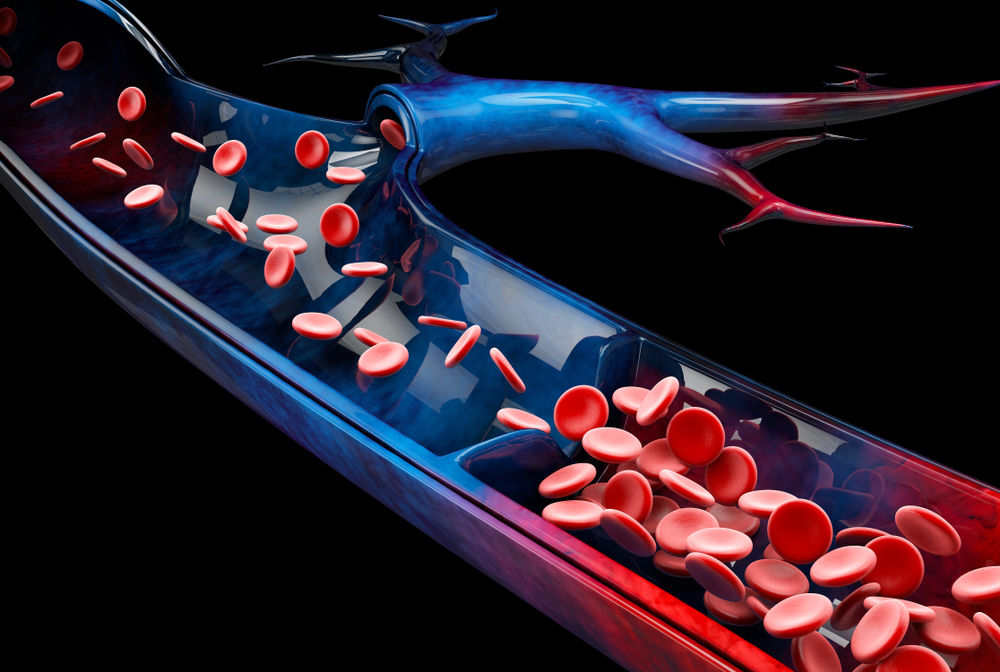RESTLESS LEG SYNDROME TREATMENT IN LEXINGTON KENTUCKY
The Best Restless Leg Syndrome Specialist in Lexington, KY.

WHAT IS RESTLESS LEG SYNDROME?
Restless leg syndrome, or RLS, is a neurological disorder. RLS is also known as Willis-Ekbom disease or RLS/WED. RLS causes unpleasant sensations in the legs, along with a powerful urge to move them. For most people, that urge is more intense when you’re relaxed or trying to sleep. The most serious concern for people with RLS is that it interferes with sleep, causing daytime sleepiness and fatigue. RLS and sleep deprivation can put you at risk for other health problems, including depression if not treated.
RLS affects about 10 percent of Americans, according to the National Institute of Neurological Disorders and Stroke. It can occur at any age, though it’s usually more severe in middle age or later. Women are twice as likely as men to have RLS. At least 80 percent of people with RLS have a related condition called periodic limb movement of sleep (PLMS). PLMS causes the legs to twitch or jerk during sleep. It can happen as often as every 15 to 40 seconds and can continue all night long. PLMS can also lead to sleep deprivation. RLS is a lifelong condition with no cure, but medication can help manage symptoms. It is crucial to see a restless leg syndrome specialist when any of the symptoms occur.
FREQUENTLY ASKED QUESTIONS
WHAT ARE THE SYMPTOMS?
The most prominent symptom of RLS is the overwhelming urge to move your legs, especially when you’re sitting still or lying in bed. You might also feel unusual sensations like tingling, crawling, or pulling sensation in your legs. Movement may relieve these sensations. If you have mild RLS, symptoms may not occur every night. And you might attribute these movements to restlessness, nervousness, or stress.
A more severe case of RLS is challenging to ignore. It can complicate the simplest activities, like going to the movies. A long plane ride can also be difficult. People with RLS are likely to have trouble falling asleep or staying asleep because symptoms are worse at night. Daytime sleepiness, fatigue, and sleep deprivation can harm your physical and emotional health.
Symptoms usually affect both sides of the body, but some people have them on only one side. In mild cases, symptoms may come and go. RLS can also affect other parts of the body, including your arms and head. For most people with RLS, symptoms worsen with age.
People with RLS often use movement to relieve symptoms. That might mean pacing the floor or tossing and turning in bed. If you sleep with a partner, it may well be disturbing their sleep as well.
WHAT CAUSES RESTLESS LEG SYNDROME?
More often than not, the cause of RLS is a mystery. There may be a genetic predisposition and an environmental trigger.
varicose veins and untreated venous insufficiency can be a contributing factor in the symptoms of RLS. At the Lexington Vein Institute, we helped hundreds of patients getting the relief they need after addressing their vein related problems.
More than 40 percent of people with RLS have some family history of the condition. In fact, there are five gene variants associated with RLS. When it runs in the family, symptoms usually start before age 40.
There may be a connection between RLS and low levels of iron in the brain, even when blood tests show that your iron level is normal.
RLS may be linked to a disruption in the dopamine pathways in the brain. Parkinson’s disease is also related to dopamine. That may explain why many people with Parkinson’s also have RLS. Some of the same medications are used to treat both conditions. Research on these and other theories is ongoing. It’s possible that certain substances like caffeine or alcohol can trigger or intensify symptoms.
Primary RLS isn’t related to an underlying condition. But RLS can actually be an offshoot of another health problem, like neuropathy, diabetes, or kidney failure. When that’s the case, treating the main condition may resolve RLS issues.
HOW IS RESTLESS LEG SYNDROME TREATED?
Medication won’t cure RLS, but it can help manage symptoms. Some options are:
- Medications: Muscle relaxers and medications that increase dopamine in the brain may provide some relief from your symptoms and help you get a better night’s sleep.
- Lifestyle Adjustments: Massages, stretching, hot/cold therapy, and exercise can lessen your symptoms. You should also practice good sleep hygiene, such as going to bed at the same time every day and sleeping in a cool, darkroom.
- Home remedies for restless leg syndrome: Home remedies, while unlikely to eliminate symptoms, may help reduce them. It may take some trial and error to find the remedies that are most helpful. Here are a few you can try:
- Reduce or eliminate your intake of caffeine, alcohol, and tobacco. Strive for a regular sleep schedule, with the same bedtime and wake-up time every day of the week. Get some exercise every day, such as walking or swimming. Massage or stretch your leg muscles in the evening. Soak in a hot bath before bed. Use a heating pad or ice pack when you experience symptoms. Practice yoga or meditation.
- When scheduling things that require prolonged sitting, such as a car or plane trip, try to arrange them for earlier in the day rather than later.
- If you have a nutritional deficiency in Iron, Vitamin D, Vitamin E, Vitamin C, and Coenzyme Q10, ask your doctor or nutritionist how to improve your diet. Talk to your doctor before adding dietary supplements. It can be harmful to take certain supplements if you aren’t deficient. These options may be useful even if you take medication to manage RLS.
- Laser Therapy: For a patient who suffers from symptomatic varicose veins or venous insufficiency, Dr. Bacha has seen excellent results treating restless leg syndrome by targeting varicose veins with EVLT. He uses laser fibers to cauterize damaged veins, providing significant relief for restless leg.
Better Health Care is Our Mission
If you feel an overwhelming urge to move your legs when you’re resting, contact Dr. Bacha who is a restless leg syndrome specialist in Lexington, Kentucky to take the next step towards relief.


